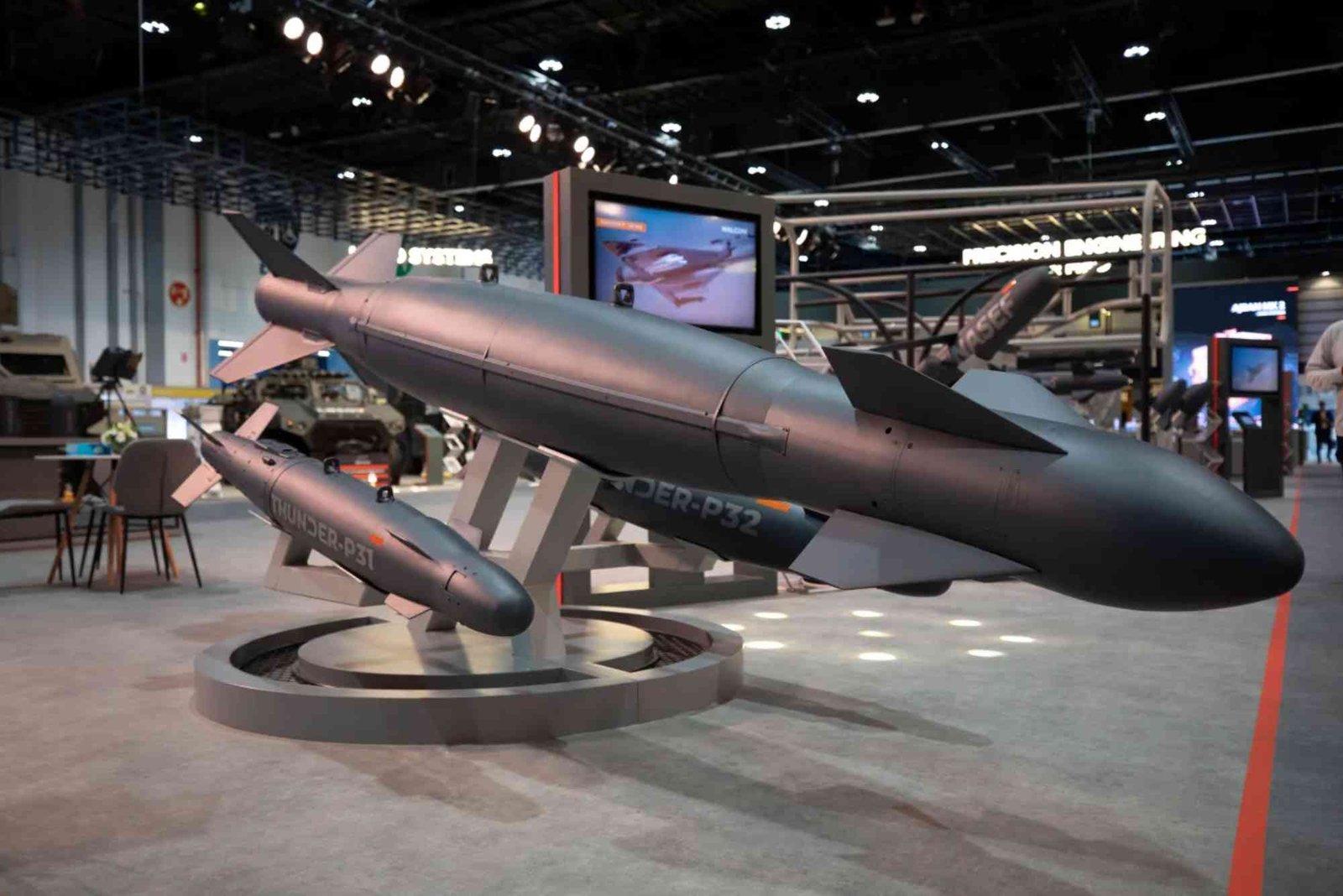Introduction
Moving from one place to another, whether across the street or across the country, is never easy. Packing, organizing, and transporting your belongings can feel overwhelming. That’s where professional movers and packers come in. This Complete Guide to Movers Packers — What You Need to Know explores how to choose reliable services, what to expect during the process, and how to ensure a smooth relocation without stress. Whether you’re shifting homes, offices, or commercial spaces, understanding the full scope of movers and packers can save you both time and money.
Understanding Movers and Packers
Movers and packers are professional service providers who handle the entire process of relocation. From packing household or office items to transporting and unpacking them at the new location, they take care of every step efficiently. The concept originated to make moving easier for people who lack the time, equipment, or expertise to handle it on their own.
The services offered by movers and packers can vary, but generally include packing materials, loading, transportation, unloading, unpacking, and arranging items at the destination. Many companies also provide insurance coverage to protect your possessions against any accidental damage during transit.
Why Hiring Movers and Packers Makes Sense
One of the biggest advantages of hiring movers and packers is convenience. Relocation involves several stages — collecting items, categorizing them, packing securely, loading onto vehicles, and ensuring safe delivery. Doing it all by yourself can take days or even weeks. A professional moving company streamlines this process, reducing the physical and mental strain involved in moving.
Another reason to consider professional help is safety. Movers and packers are trained in handling fragile and valuable items such as glassware, electronics, and furniture. They use specialized packing materials like bubble wrap, foam sheets, and reinforced boxes to minimize the risk of breakage. They also possess the right tools to disassemble and reassemble furniture safely, something that’s hard to manage alone.
How to Choose the Right Movers and Packers
Selecting the right company can make or break your moving experience. Before hiring, it’s crucial to research and compare several service providers. Start by reading customer reviews and checking the company’s credibility. Authentic movers and packers have registered licenses, insurance coverage, and transparent pricing.
Ask about their experience in handling similar moves. For example, shifting an office requires a different skill set compared to a home relocation. Don’t hesitate to ask for a written quote after a site visit — this prevents surprise costs later.
Always verify the details of the contract carefully. Reputable companies offer clear terms, including pickup and delivery dates, payment schedules, and liability clauses. Avoid companies demanding large upfront payments or those unwilling to provide documentation.
If you’re new to the concept and want to understand the basics in detail, you can check out movers packers — a quick guide that provides insights into choosing reliable moving partners and preparing for your move effectively.
Steps Involved in the Moving Process
A professional relocation typically follows a well-defined process designed to ensure smooth execution.
Initial Consultation and Quotation
Once you contact a moving company, they schedule an initial visit to assess your belongings. Based on the volume of goods, distance, and services required, they provide an estimated quotation.
Packing and Labeling
After agreement, the packing team arrives with high-quality materials. They categorize items according to their fragility and importance. Proper labeling helps in quick identification when unpacking at the destination.
Loading and Transportation
Movers use advanced equipment such as trolleys, sliders, and lifting straps to load goods carefully into transport vehicles. The chosen mode of transport — whether small trucks or large containers — depends on the distance and volume of the move.
Unloading and Unpacking
Upon arrival, the team unloads your belongings, unpacks them, and places them according to your instructions. This step ensures you can settle into your new place comfortably without chaos.
Final Inspection and Feedback
Once everything is placed, a supervisor conducts a final inspection to ensure no items are damaged or missing. Companies often request feedback to maintain service quality and customer satisfaction.
Common Mistakes to Avoid When Hiring Movers and Packers
Despite the benefits, people often make avoidable mistakes during relocation. One common mistake is choosing the cheapest service without checking credentials. Low prices may mean hidden costs, poor handling, or untrained staff. Another mistake is failing to declutter before moving. Transporting unnecessary items only increases weight, cost, and effort.
It’s also crucial to plan your move in advance. Last-minute bookings can lead to limited options and inflated prices. Furthermore, not insuring your belongings can be risky, especially for long-distance moves. Always opt for transit insurance for peace of mind.
Cost Factors to Consider
The cost of hiring movers and packers depends on several factors. Distance is the primary one — local moves are usually charged hourly, while interstate or international moves are calculated based on distance and weight. The volume of goods, packing materials, vehicle type, and labor costs also affect pricing.
Additional services like storage, unpacking, and furniture assembly can add to the total bill. Some companies even offer premium services that include custom packing for luxury items or climate-controlled vehicles for delicate goods.
Getting multiple quotes from different providers helps you understand market rates and negotiate better deals. Remember, transparency is key — a detailed breakdown of charges prevents misunderstandings later.
Tips for a Hassle-Free Move
Planning is everything when it comes to moving. Start by creating an inventory of your belongings and categorize them into essential and non-essential items. Sell, donate, or discard things you no longer need. This not only reduces costs but also helps maintain organization.
Keep important documents like IDs, contracts, and jewelry in a separate, easily accessible bag. Label each box with its contents and destination room — it speeds up unpacking later. Also, inform utility providers and service connections at least a week before your move to avoid disruptions.
Finally, maintain open communication with your movers. Share any special instructions, such as handling fragile antiques or electronics. A clear understanding between you and the moving team ensures everything goes according to plan.
The Role of Technology in Modern Moving Services
Today’s movers and packers use technology to enhance efficiency and transparency. GPS-enabled vehicles allow real-time tracking, giving you peace of mind about your shipment’s location. Many companies also provide online quotes and digital contracts for convenience.
Advanced inventory management systems help in maintaining records of every item packed and loaded, minimizing the chance of loss. Some movers even use mobile apps to update clients on delivery schedules and payment options.
Moving Internationally — What You Need to Know
If you’re planning to move abroad, the process becomes more complex. International movers and packers handle customs documentation, shipping logistics, and clearance formalities. They ensure your goods meet the regulations of both the origin and destination countries.
These companies also offer specialized packaging for sea or air transport, ensuring your possessions remain intact throughout the journey. Before hiring, check if the company has global affiliations or partnerships — this ensures smoother coordination across borders.
FAQs
What do movers and packers do?
They handle every aspect of moving, including packing, loading, transportation, unloading, and sometimes even unpacking and arranging items at your new location.
How much do movers and packers charge?
Charges vary depending on distance, volume, and services. Local moves can range from a few hundred to a few thousand, while long-distance or international relocations cost significantly more.
How do I prepare before movers arrive?
Sort and organize your belongings, label boxes, and keep valuable or personal items separately. Confirm all details with the moving team beforehand.
Is it worth hiring professional movers?
Yes, especially if you have heavy or fragile items. Professional movers save time, reduce stress, and ensure safety throughout the process.
Do movers provide insurance?
Most reputable companies offer insurance to cover any accidental loss or damage during transit. Always confirm this before booking.
Relocating doesn’t have to be stressful. By understanding every aspect of the moving process, you can make informed decisions that save time, effort, and money. This Complete Guide to Movers Packers — What You Need to Know highlights the importance of choosing professional, reliable services and planning ahead for a seamless experience.
If you’re preparing for your next move, start by exploring expert blog insights that offer additional advice on relocation planning, packing strategies, and home organization tips. You can also visit Open Knowledge for more resources on informed decision-making and trusted service practices.









